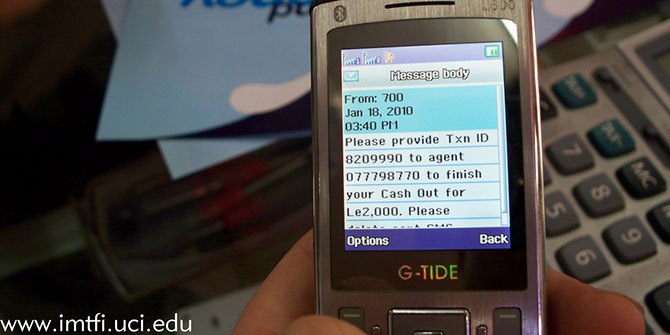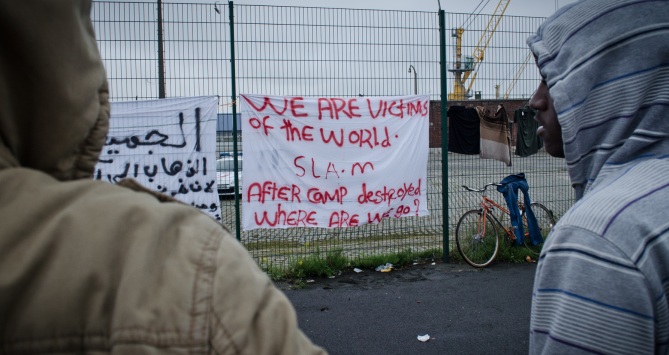Professor in Practice, Duncan Green Zooms In with department scholars to find out what they’re up to in lockdown and how their research relates to the Covid-19 pandemic. The first Zooming In episode is with Head of Department, Professor Kenneth Shadlen, who sheds some light on the important role Intellectual Property plays in pharmaceuticals and how this feeds into the search for Covid-19 vaccines and treatment.
Selected questions and answers from the interview:
DG: Why are pharmaceuticals such a big deal in the discussions of IP?
KS: One reason why pharmaceuticals are a big deal is that if you were to look at all of the economic sectors in the world, pharmaceutical firms are the ones that care the most about IP. This is because drugs are generally very easy to copy. If I had a pharmaceutical that you could copy very easily, I would have to figure out a way to stop you from copying it. I can’t stop you from copying it, but I can make it illegal for you to copy it, and the way I do that is by having IP protecting my technology. That matters more in pharmaceuticals than any other sector in the world.
DG: Your current research is looking very closely at whether pharmaceuticals can produce a vaccine for Covid-19. Tell us a bit more about that.
KS: I’m looking very closely at the search for a vaccine but I’m also looking very closely at the search for treatments. Vaccines are things that we take to prevent us from getting ill in the first place, and treatments are what we take when we are ill to prevent us from dying. Think of HIV AIDS, it doesn’t have a vaccine, instead it has a treatment.
DG: Are we closer to a Covid-19 vaccine or Covid-19 treatment?
KS: There is no expectation that we’re going to have either a vaccine or treatment for the next few months. Vaccines are a longer process and the reason why they’re getting a lot of attention is because they are preferable, and a lot of effort is going into accelerating development of these. As for treatments, we have a lot of drugs out there for other purposes, and what pharmaceutical firms are trying to do is “repurpose” these drugs so they could be useful for covid as well. If they’re already on the market, approved for something else, that means we can manufacture them at scale and we know that they’re safe. What we don’t know is if they are any good for Covid.
DG: How does IP feed into the search for Covid-19 vaccines and treatment?
KS: IP fits into this in all sorts of ways. A lot of actors are interested in investing their time and resources working on developing vaccines and treatments in the hope that if they get IP on it they can sell the drug and treatment exclusively. If IP makes a new treatment that is priced out of reach of governments and care providers, individuals may not be able to afford it. This links directly back to my work: countries vary in their patent systems, so when any new treatment becomes available, the effectiveness of the government in negotiating the price with whoever owns the patent of the drug is a function of its IP system. It is a function of how the patent system works. It’s the diversity among countries that I’m obsessed with. The diversity amongst and between countries in the overarching convergence that all (or nearly all) countries now grant agents on drugs. That diversity is going to matter a lot in how much the drugs cost in any given country, when we finally get these drugs.
DG: It seems the small labs are engaged in finding a vaccine. Where are the big pharmaceuticals in all of this?
KS: The large pharmaceutical firms are definitely involved in the development of treatments, as they have the drugs that they are trying to repurpose for Covid. On the vaccine side, most of the basic research is being done in research labs not in firms. As soon as any research lab has a vaccine that is useful it may then licence it out to the pharmaceutical firms, as they are the ones who have the experience with the scaling up of production and distribution.
It’s really important that we understand the challenges that we’re facing. Treatments would be necessary for anybody ill on account of the virus. So say that 5 million people have Covid-19 and they need to take the drug five days in a row, we would have to produce 25 million doses of the treatment. If we have a vaccine we need 8 billion to 10 billion doses, that would be a challenge of scaling up like nothing we have seen before in terms of health. And we’d want to scale-up really quickly. This would have to involve researchers, firms, government, and action by international organisations.
DG: Do you see researchers, firms, governments and international organisations working together?
KS: I see seeds of that happening. I also see a lot of tension. This whole thing would be a lot better if the World Health Organisation wasn’t under siege. We need an international actor to coordinate between the researchers, labs and the governments, and right now we don’t have that organisation. Which is one of the things that I’m really worried about.
Tune in for next week’s Zooming In With: Professor Kathy Hochstetler
The views expressed in this post are those of the author and in no way reflect those of the International Development LSE blog or the London School of Economics and Political Science.






1 Comments